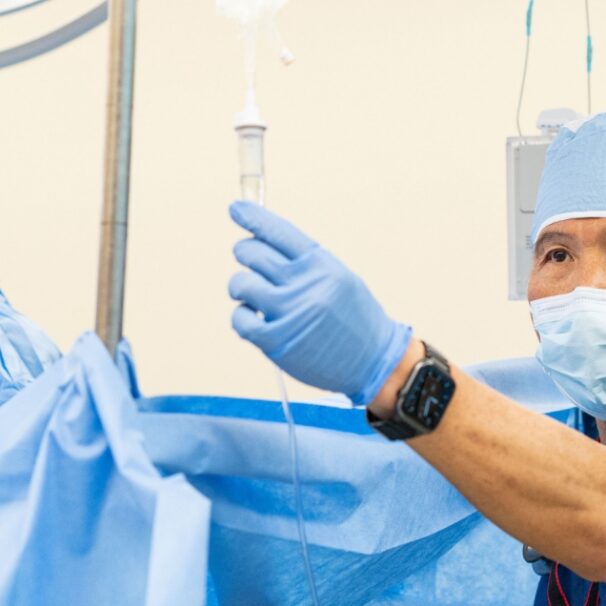HealthProviders DB is a comprehensive database of healthcare providers, including a complete directory of all Critical Care Medicine Anesthesiology Physicians.
Anesthesiologist Healthcare Taxonomy Code 207LC0200X
As of today, the following are the total number of Critical Care Medicine Anesthesiology Physicians nationally, in your State, and near your location.
Select a State below to view the list by State. Additionally, you can narrow the list by city, among other options, from the Filter Panel, which you can open by clicking the vertical ellipses ⋮ in the upper right corner of the app.
Alaska – Alabama – Armed Forces Pacific – Arkansas – American Samoa – Arizona – California – Colorado – Connecticut – District of Columbia – Delaware – Florida – Federated States of Micronesia – Georgia – Guam – Hawaii – Iowa – Idaho – Illinois – Indiana – Kansas – Kentucky – Louisiana – Massachusetts – Maryland – Maine – Marshall Islands – Michigan – Minnesota – Missouri – Northern Mariana Islands – Mississippi – Montana – North Carolina – North Dakota – Nebraska – New Hampshire – New Jersey – New Mexico – Nevada – New York – Ohio – Oklahoma – Oregon – Pennsylvania – Puerto Rico – Palau – Rhode Island – South Carolina – South Dakota – Tennessee – Texas – Utah – Virginia – Virgin Islands – Vermont – Washington – Wisconsin – West Virginia – Wyoming
Medicare
The following are the total number of Critical Care Medicine Anesthesiology Physicians who accept Medicare in your State, the number who have opted out of Medicare, and the total number excluded from participation in Medicare nationwide.
The diagram below shows all the Critical Care Medicine Anesthesiologists across the country, represented by blue bubbles. The larger the bubble, the greater the concentration of providers in that area. Red bubbles represent Medicare-excluded providers, with the larger bubbles indicating a higher percentage of excluded providers in that region. You can change the bubble size to be based on exclusions from the Size menu.
What do Critical Care Medicine Anesthesiologists do?
Critical care medicine anesthesiologists provide care for critically ill patients in an Intensive Care Unit (ICU) setting, focusing on complex conditions such as those following major surgery, trauma, or severe infections.
Their expertise in advanced physiology, pharmacology, and procedural skills allows them to manage complex treatments, including advanced life support, airway management, mechanical ventilation, and continuous medication delivery.
They lead multidisciplinary teams to stabilize patients and resolve challenging medical problems under pressure.
What they do
Provide anesthetic care, which includes managing patients in the ICU, particularly after major surgery or trauma.
Manage complex patients: They treat patients with severe infections, multiple organ dysfunction, and those requiring extensive post-operative or medical care.
Administer advanced life support: This includes procedures such as cardiopulmonary resuscitation (CPR), advanced airway management, and mechanical ventilator management.
Provide continuous monitoring and treatment: They deliver medications via IV and monitor patients around the clock to ensure stability and comfort.
Coordinate care: They collaborate with primary physicians, nurses, and other specialists to develop and implement comprehensive treatment plans for critically ill patients.
Lead critical care teams: They often lead teams that include physicians, nurses, respiratory therapists, and administrators.
Handle emergencies: Their expertise is vital during medical emergencies and can be crucial during pandemics or natural disasters.
Critical Care Medicine Anesthesiologist Skills & Expertise
Advanced Physiology and Pharmacology: Deep understanding of how the body works and how medications affect it, which is critical for managing critically ill patients.
Procedural Skills: Proficiency in various procedures, including advanced life support, airway management, and other invasive interventions.
Problem-Solving: Ability to solve complex medical problems under time pressure.
Leadership: Skill in leading multidisciplinary teams to ensure optimal patient care.
Environment
Specialized Centers: These are found in hospitals and healthcare systems that provide care for patients with complex surgical, medical, and trauma-related needs.
Intensive Care Units (ICUs): The primary setting for their work, where they provide continuous care for the most severely ill patients.

